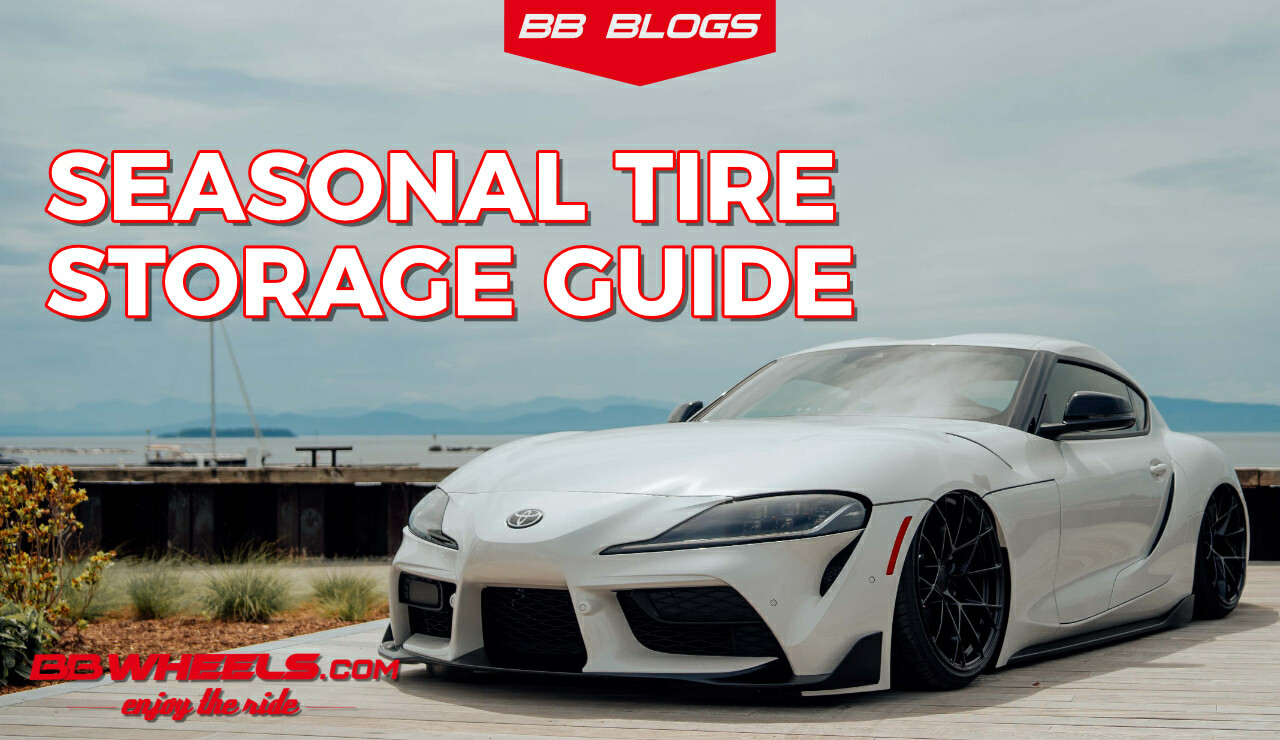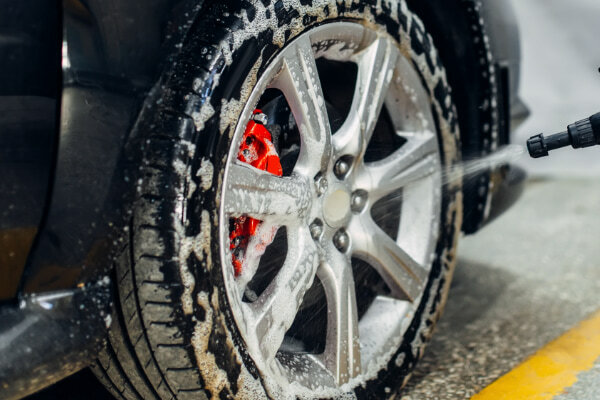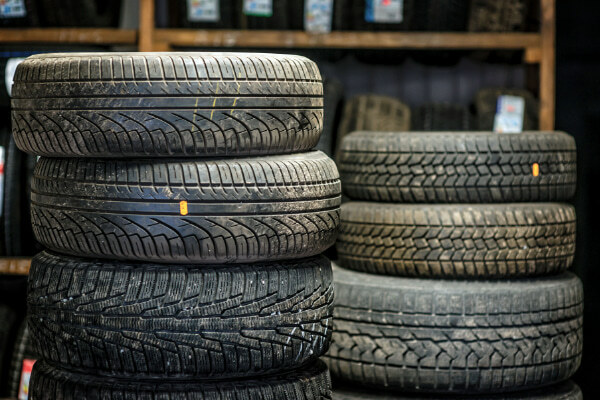Seasonal Shifts: How to Store Your Wheel/Tire Sets When Not in Use
Posted by BB Wheels on 29th Feb 2024

Seasonal Shifts: How to Store Your Wheel/Tire Sets When Not in Use
As we transition from the depths of winter into the warmer embrace of spring, many of us are considering the switch from winter to summer wheel setups. At BB Wheels, we understand the importance of maintaining your seasonal tires in the best condition possible during their off-season. Proper storage can significantly extend the life and performance of your wheels and tires. Here’s how you can ensure they’re ready to roll when the season changes again.
1. Clean Before You Store

Before stowing away your tires, give them a thorough cleaning. Remove any dirt, grime, and road salts that can cause corrosion. Use a mild soap and water solution and a soft brush to clean the tires and wheels, making sure to rinse them well. Allow them to dry completely to prevent any mold or mildew formation.
- Position Tracking: As part of the cleaning process, it's crucial to document the position of your tires on your vehicle. This practice is essential for strategic tire rotation upon their reinstallation, promoting even wear across all tires. Making a note of each tire's position will ensure you can easily rotate them correctly, maintaining optimal performance and extending their life.
2. Check and Adjust Tire Pressure
Inspect your tires for any signs of damage or excessive wear and check the tire pressure. Inflate your tires to the recommended pressure level; this prevents them from developing flat spots or cracks while they’re stored.
3. Choose the Right Storage Location
The ideal storage location is cool, dry, and away from direct sunlight. UV rays can deteriorate the rubber over time, so avoid storing tires outside or near windows. Your garage, basement, or a climate-controlled storage facility are the best spots. Ensure the storage area is free from chemicals, solvents, or hydrocarbons that could degrade the rubber.
4. Position Tires Correctly

If you're storing tires with the wheels, you can hang them or stack them horizontally. However, make sure not to stack them too high to avoid any deformation. For tires without wheels, store them upright and rotate them periodically to maintain their shape.
5. Cover and Protect
To protect your tires from dust and direct exposure to the air, cover them with airtight plastic bags or tire totes. Removing as much air as possible from the bags before sealing them will help prevent the rubber compounds from oxidizing.
6. Periodically Check on Your Tires
Even in storage, it’s a good idea to check your tires every few months. This includes checking the air pressure and looking for any signs of damage or wear. Adjustments might be necessary to ensure they remain in good condition throughout their storage.

